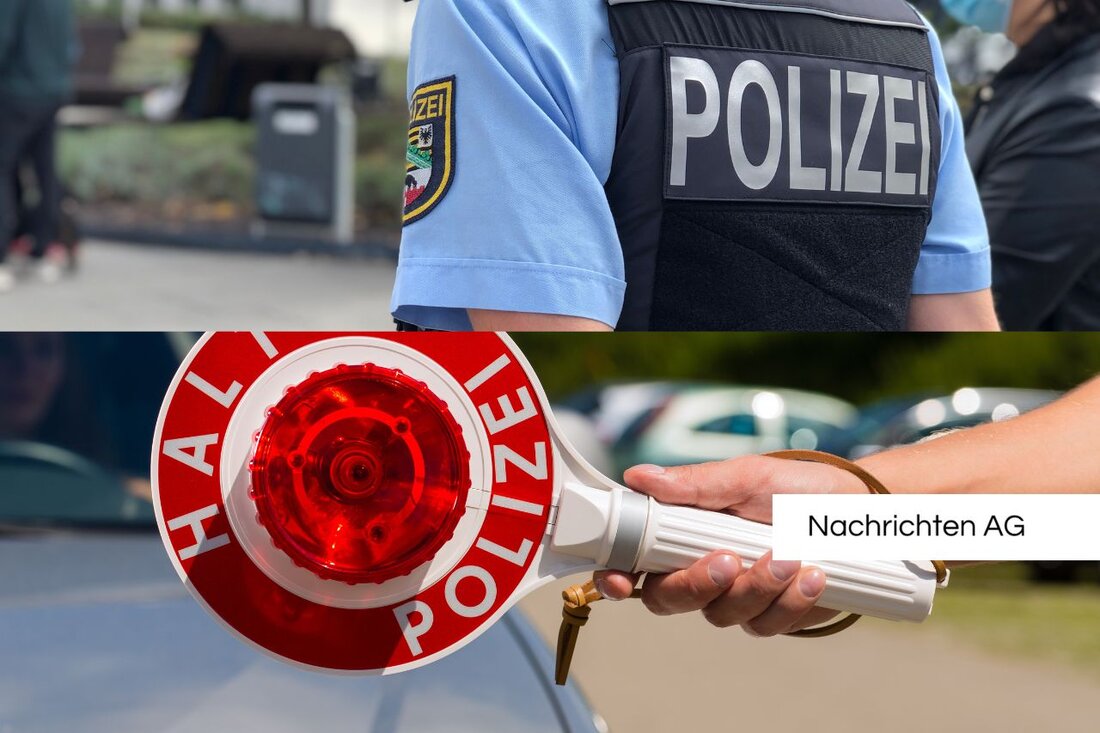Dangerous East Jets about West Berlin: Bundestag session in danger!
Experience the exciting events of April 7, 1965 in West Berlin, when Soviet jets disrupted a Bundestag session.

Dangerous East Jets about West Berlin: Bundestag session in danger!
On April 7, 1965, worrying incidents occurred in West Berlin than during a regular meeting of the German Parliament, the 178th meeting of the Bundestag, carried out dangerous flight maneuvers over the city. According to Welt, the session at 3 p.m. for the provocative actions of the Eastern Bloc Jets, which flew over West Berlin. These dangerous deep flights led to broken window panes, trembling walls and falling plaster. The health effects were also serious: numerous older people suffered from nervous disorders, heart attacks and circulatory weaknesses.
The Soviet jets, including MIG-21 and SU-7 machines, broke the four-powers of the four-powers during these flights, which regulated military activities via Berlin. The protest of the western city commander against these ruthless maneuvers was ignored by the Soviet Union. In addition, the Soviet authorities hindered transit traffic from the Federal Republic to West Berlin, which further worsened.
Soviet provocations and international reactions
The GDR leadership regarded the Bundestag meeting as a violation of Allied reservation rights. It is noteworthy that the Bundestag sessions have taken place in West Berlin since 1955 without protests by the GDR. The session caused a deep distrust between the blocks and presented the international community with new challenges. These events led to the decision that it should be the last Bundestag session in Berlin until the reunification on October 4, 1990.
At the same time, rumors circulated in the city about a possible closure of the border by East Berlin. These uncertainties significantly put on the mood among the population. According to [Berlin-Mauer] (https://www.berlin-mauer.de/videos/sowjetische-proteste-zur- Bundestagsatung-in-west-berlin-560/), thousands of citizens have to leave the GDR, which led to an increasing control of border guards who worked and lived in the west in the east.
public discussion and the construction of the wall
In the middle of this political unrest, Walter Ulbricht, President of the State Council of the GDR, held an international press conference. Journalists from all over the world were present and asked about the status of West Berlin. A journalist of the "Frankfurter Rundschau" asked Ulbricht whether the intention was to build a wall at the Brandenburg Gate. Ulbricht denied such plans and explained that the construction workers were currently busy with housing construction. But as early as August 13, 1961, the situation was to change dramatically when the construction of the wall began, the West and East Berlin separated for 28 years.

 Suche
Suche
